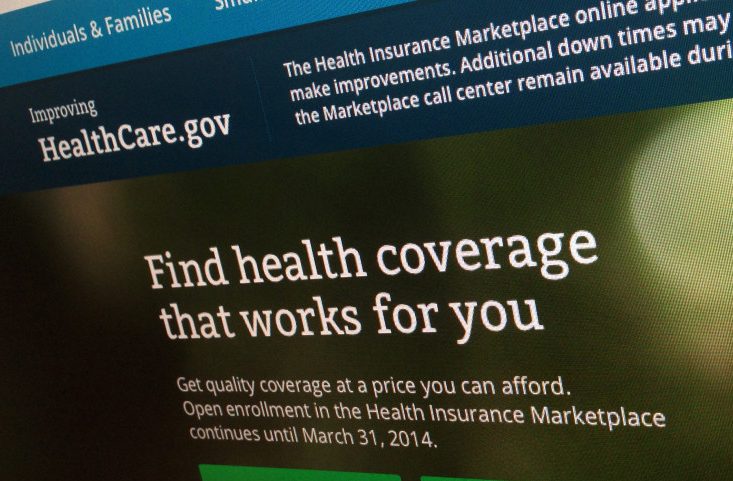The Affordable Care Act’s critics seemed to get a shocking piece of new evidence when UnitedHealth Group, the country’s largest health insurer, announced last month that it would pull out of many ACA markets next year. In fact, the news is not all that shocking, and it is not a sign that the law is failing.
Though UnitedHealth is the country’s largest health insurer, it is not a dominant player in the marketplaces that the ACA set up for individual insurance buyers. It covers only about 6 percent of 12.7 million marketplace participants. United does not appear to have been very effective at competing to attract customers. An Urban Institute study found that United’s premiums tend to be higher than competitors’, perhaps because its plans offer wide networks of doctors, hospitals and other providers to choose from, which is expensive. Unsurprisingly, marketplace insurance buyers tend to pick lower-cost options. The Kaiser Family Foundation concluded that even if United stopped participating in all ACA marketplaces, premiums would go up about 1 percent overall.
United’s selective exit from ACA marketplaces appears to reflect two positive features of the law. First, Obamacare was meant to spur competition among insurance companies, thus constraining premiums; in many markets, this dynamic appears to be at work, to the detriment of United. Second, the law has curtailed many of the ways that insurers used to contain their costs, such as refusing to cover certain people or certain treatments, or jacking up premiums for older customers. Many insurers on the ACA marketplaces have responded by offering plans that keep costs down by narrowing their networks of providers. This is a better way to contain costs than those the law forbids.
All that said, the ACA’s backers should not be too sanguine. United’s exit could reduce competition in some smaller markets with fewer participants. Moreover, there is evidence that other insurers are also finding it hard to make a profit in certain ACA markets. The danger is not that the markets will fall apart, but that customers might continue to face some premium volatility as insurers raise prices to keep their balance sheets in order.
The biggest issue may be that ACA marketplaces have simply taken longer than expected to develop. National enrollment is well below what the Congressional Budget Office predicted around the time the law passed, in large part because many more people than expected continued to receive insurance coverage from their employers. Another factor is that some people kept their old plans rather than joining the new system. This is one reason to think that enrollment will continue to rise; it will just take longer than originally projected.
The ACA’s authors expected that there would be some volatility as markets found their footing, so they built some temporary stabilization mechanisms into the law.
The logical response to the current state of the new health system would be keeping those mechanisms around a little longer. But we stopped expecting logic on the ACA from Congress long ago.
Send questions/comments to the editors.



Success. Please wait for the page to reload. If the page does not reload within 5 seconds, please refresh the page.
Enter your email and password to access comments.
Hi, to comment on stories you must . This profile is in addition to your subscription and website login.
Already have a commenting profile? .
Invalid username/password.
Please check your email to confirm and complete your registration.
Only subscribers are eligible to post comments. Please subscribe or login first for digital access. Here’s why.
Use the form below to reset your password. When you've submitted your account email, we will send an email with a reset code.